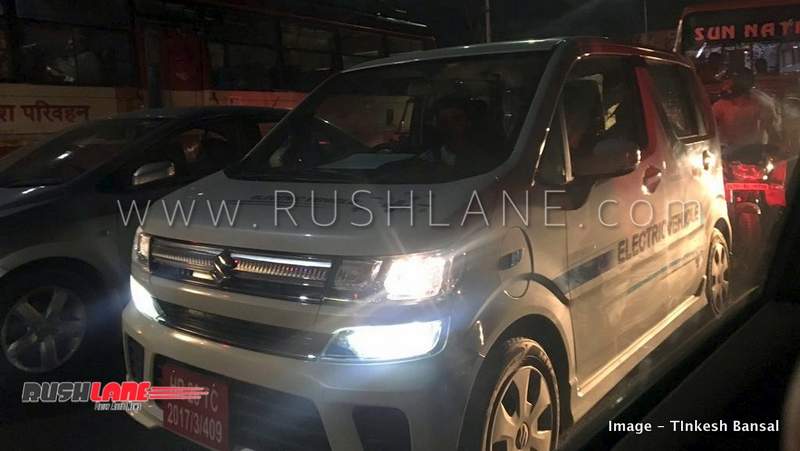Hyundai India is all set to kick start its EV innings in India next year with the Kona SUV. The premium positioning of the Kona electric means, the South Korean automaker is not expecting serious sales volumes but is hoping to gain valuable insights into the electric vehicle market and the customer expectations.
Hyundai would use its experience with Kona electric to fine tune its EV strategy for India. Talking to Economic Times, Y K Koo, MD and CEO of Hyundai Motors India Ltd., confirmed that the company is taking a top-down approach when it comes to EVs.

This clearly indicates that Hyundai India’s second EV product would be a smaller product. While Mr. Koo stated that the automaker is currently evaluating both sedan and SUV body styles for the second EV, he also conceded that it is most likely to be a small SUV. Hyundai’s rival in India, Maruti has already started testing WagonR electric and has plans of launching by 2020. In order to stay in the EV race with Maruti, Hyundai too will have to launch a similarly priced rival car to take on the Maruti WagonR.
Hyundai India is already on an SUV offensive. In addition to Kona electric, next year would also witness the launch of the sub-4m SUV which will be positioned below the Creta to lock horns with the likes of Maruti Vitara Brezza, Tata Nexon, and Ford EcoSport.

Mr. Koo also stated that Hyundai India is looking at the micro-SUV segment and gave a tentative timeline of 4-5 years. Interestingly, Hyundai has recently released a teaser of Saga electric SUV concept which is set to make its world premiere at the Sao Paulo motor show early next month. The concept seems to preview the successor to Brazil-spec HB20X which could very well turn out to be the micro-SUV Koo is talking about.
Hyundai India is keen on directly shifting from IC engined products to EVs without using hybrid products as short-term solutions. This means, it about half a decades time, Hyundai’s Indian portfolio could be 100% electric. Of course, there needs to be lot of infrastructural and policy developments from the government’s side.

